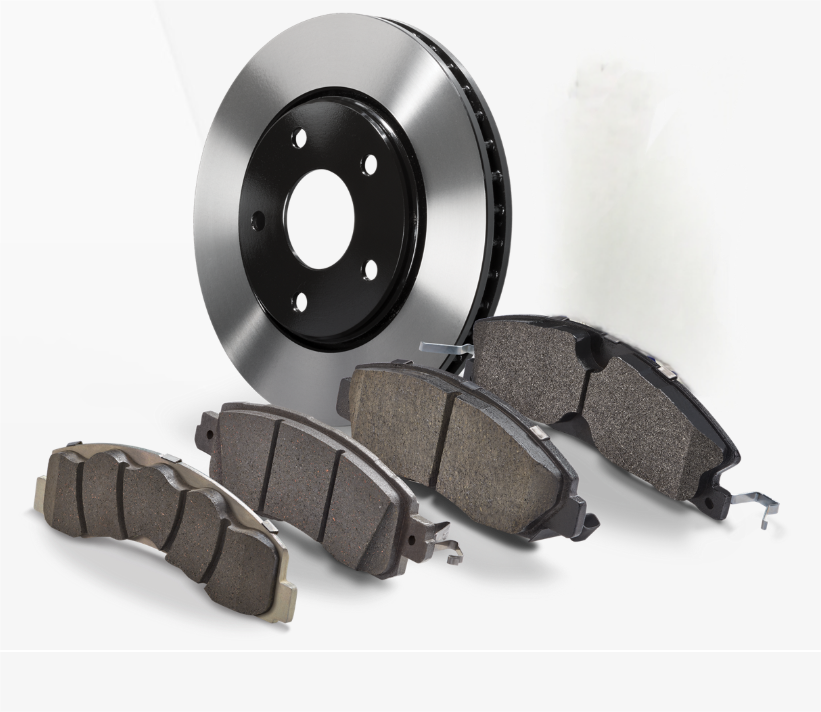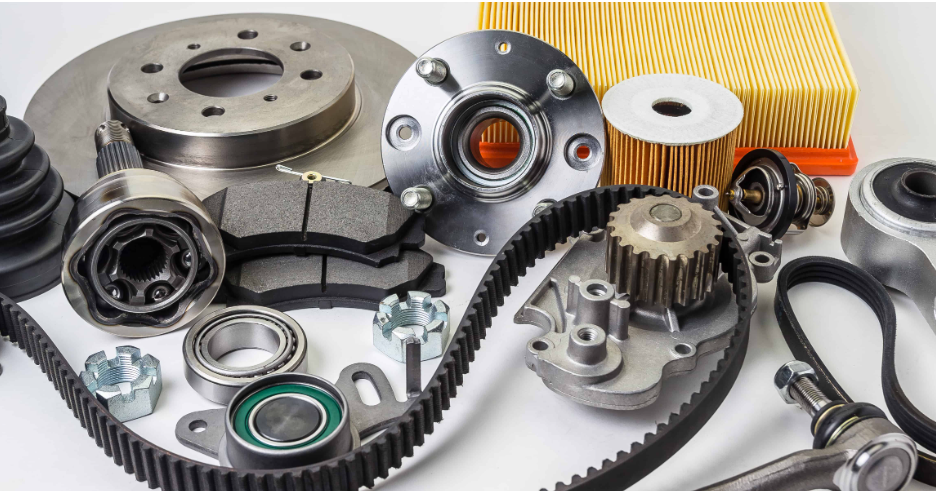Choosing the Right Fuel Pump for Your Truck
The Significance of Selecting the Appropriate Fuel Pump
Choosing the right fuel pump for your vehicle is of utmost importance as it significantly influences performance, efficiency, and long - term reliability. Trucks, like other vehicles, are equipped with fuel pumps that play a crucial role in transporting fuel from the storage tank to the engine. An efficient fuel pump delivers fuel at the required pressure, which not only optimizes engine performance but also reduces emissions and enhances overall fuel efficiency. In this article, we will provide comprehensive suggestions on how to precisely customize a fuel pump for your truck, ensuring it meets your vehicle's specific needs and operates at its best.
Understanding the Different Types of Fuel Pumps
Before making any purchase, it is essential to familiarize yourself with all the available options. In the realm of truck fuel pumps, there are two primary categories: mechanical and electric fuel pumps. In modern truck models, electric fuel pumps have become the standard. These pumps offer advanced functionality and efficiency. On the other hand, older truck models typically relied on mechanical fuel pumps, which utilized diaphragms to draw fuel. As technology has advanced, mechanical pumps have shown their limitations, especially in comparison to their electric counterparts. Electric fuel pumps in modern trucks are more efficient, capable of delivering fuel more effectively, even under high - pressure conditions. This enhanced performance has led truck owners to increasingly favor electric fuel pumps, a trend driven by the continuous progress in automotive technology over the years. Understanding these differences is the first step in making an informed decision when choosing a fuel pump for your truck.
Reviewing Your Truck's Specifications
The initial step before purchasing a new fuel pump is to ensure its compatibility with your vehicle. Every truck model features a unique fuel system, characterized by specific pressure and flow rate requirements. To obtain accurate information, it is advisable to consult your mechanic or refer to the vehicle's owner's manual. These resources will provide detailed specifications tailored to your truck, including the ideal fuel pressure and flow rate for optimal engine operation. Adhering strictly to these parameters is crucial as it helps prevent potential engine - related complications and performance issues down the road. A fuel pump that is not properly matched to your truck's specifications can lead to inefficient fuel delivery, engine misfires, and decreased overall performance. By taking the time to review and understand your truck's specs, you can ensure that the fuel pump you choose is a perfect fit.
Considering the Reliability and Reputation of Brands
When purchasing a fuel pump, it is highly recommended to buy from trusted specialist companies that have a proven track record in the fuel pump industry. Reputable brands typically invest significant resources in research, development, and quality control to produce high - quality and reliable fuel pumps. Fuel pumps that come with warranties are often a good indication of their superior manufacturing and reliability. A warranty not only provides peace of mind but also reflects the manufacturer's confidence in the product's durability. In addition to warranty information, reading reviews and ratings from other users can offer valuable insights into their experiences with a particular brand or model. These real - world perspectives can help you assess the performance, longevity, and overall satisfaction of other truck owners who have used the fuel pump you are considering, enabling you to make a more informed choice.
Evaluating and Addressing Compatibility Issues
When selecting a fuel pump, it is crucial to carefully evaluate and address any potential compatibility issues. This includes considering factors such as the type of fuel your truck uses (gasoline or diesel) and whether the fuel pump is designed for an inline or in - tank installation. Incompatibility between the fuel pump and the existing components in your truck's fuel system can have a detrimental impact on the vehicle's overall performance. For example, using a fuel pump that is not designed for the specific fuel type can lead to poor combustion, reduced power, and increased emissions. To avoid such problems, it is essential to always verify compatibility with a specialist or the vendor. They can provide expert advice and guidance, ensuring that the fuel pump you choose integrates seamlessly with your truck's fuel system.
Navigating Budgetary Restrictions
While choosing a fuel pump, it is important to consider your budget. Pay close attention to the Manufacturer's Suggested Retail Price (MSRP) of each fuel pump option. Although it may be tempting to opt for heavily discounted fuel pumps, it is crucial to strike a balance between cost and value. Investing in the right fuel pump for your truck can lead to significant long - term savings in terms of reduced maintenance costs, improved fuel efficiency, and lower overall upkeep expenses. A high - quality fuel pump may have a higher upfront cost but can offer better performance and durability, ultimately saving you money in the long run. By carefully evaluating your budget and considering the long - term benefits, you can make a cost - effective decision without compromising on the quality and performance of the fuel pump.
Staying Abreast of Industry Trends and Innovations
The automotive industry is constantly evolving, and the field of fuel pumps is no exception. New and smarter fuel pump systems are being developed with the aim of reducing the environmental impact of the transportation sector. One notable trend is the increased adoption of smart fuel pumps that can adapt to the engine's workload in real - time. These intelligent pumps optimize fuel delivery based on the engine's needs, resulting in improved fuel efficiency and reduced emissions. Additionally, there is a growing focus on fuel pumps that can accommodate alternative fuels such as biofuels and hydrogen fuels. By keeping an eye on these latest trends and innovations, you can select a truck fuel pump that not only meets current industry standards but also has the potential to adapt to future changes, ensuring your truck remains efficient and environmentally friendly for years to come.
Table of Contents
- Choosing the Right Fuel Pump for Your Truck
- The Significance of Selecting the Appropriate Fuel Pump
- Understanding the Different Types of Fuel Pumps
- Reviewing Your Truck's Specifications
- Considering the Reliability and Reputation of Brands
- Evaluating and Addressing Compatibility Issues
- Navigating Budgetary Restrictions
- Staying Abreast of Industry Trends and Innovations







